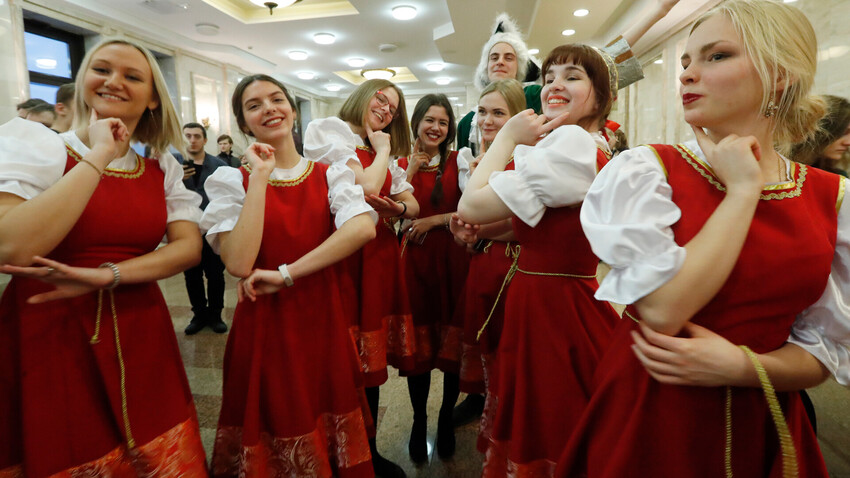
Tatyana Day celebrations in Moscow State University
Sergei Karpukhin/TASSThe day of remembrance of Christian martyr Tatiana of Rome is marked on January 25 according to Orthodox Christian tradition. It was on this day, in the year 226, she was martyred. This saint was very much venerated in Russia and January 25 was widely known as ‘Tatiana Day’, thanks to the church and public calendars.
On ‘Tatiana Day’, people baked karavai bread and paid attention to omens: if it was sunny – then birds would return early from the south, if there was a blizzard – that meant there would be a bad harvest. Girls born on this date or close to this day were often called Tatiana and it was customary to congratulate them on their name day. People believed that such girls would become great homemakers.
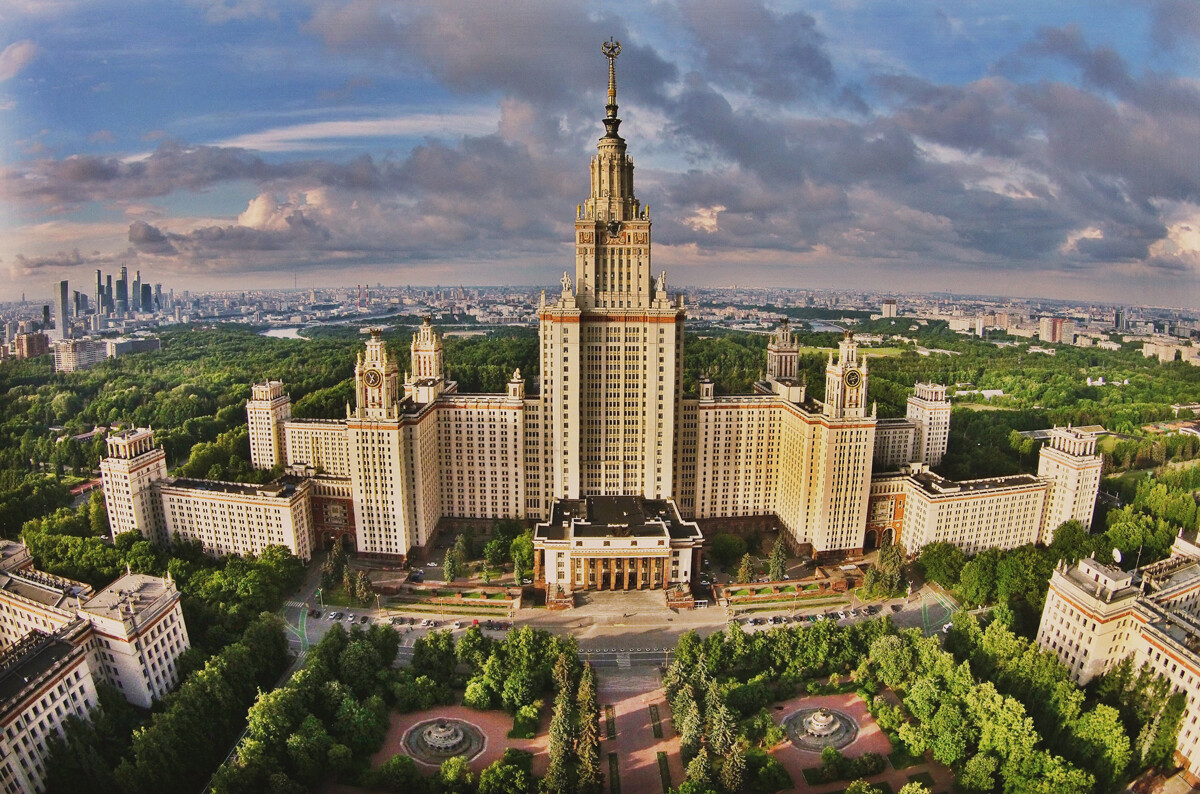
Moscow State University
I.s.kopytov (CC BY-SA 4.0)It was on January 25, 1755, when Empress Elizaveta Petrovna signed the decree establishing the Moscow University, the first in Russia. Count Ivan Shuvalov petitioned for it. For him, this day was special, because his mother was called Tatiana – and he was very eager to please her with this achievement of his. The concept of this university, meanwhile, was devised by famous scientist Mikhail Lomonosov. The university has borne his name since 1940.
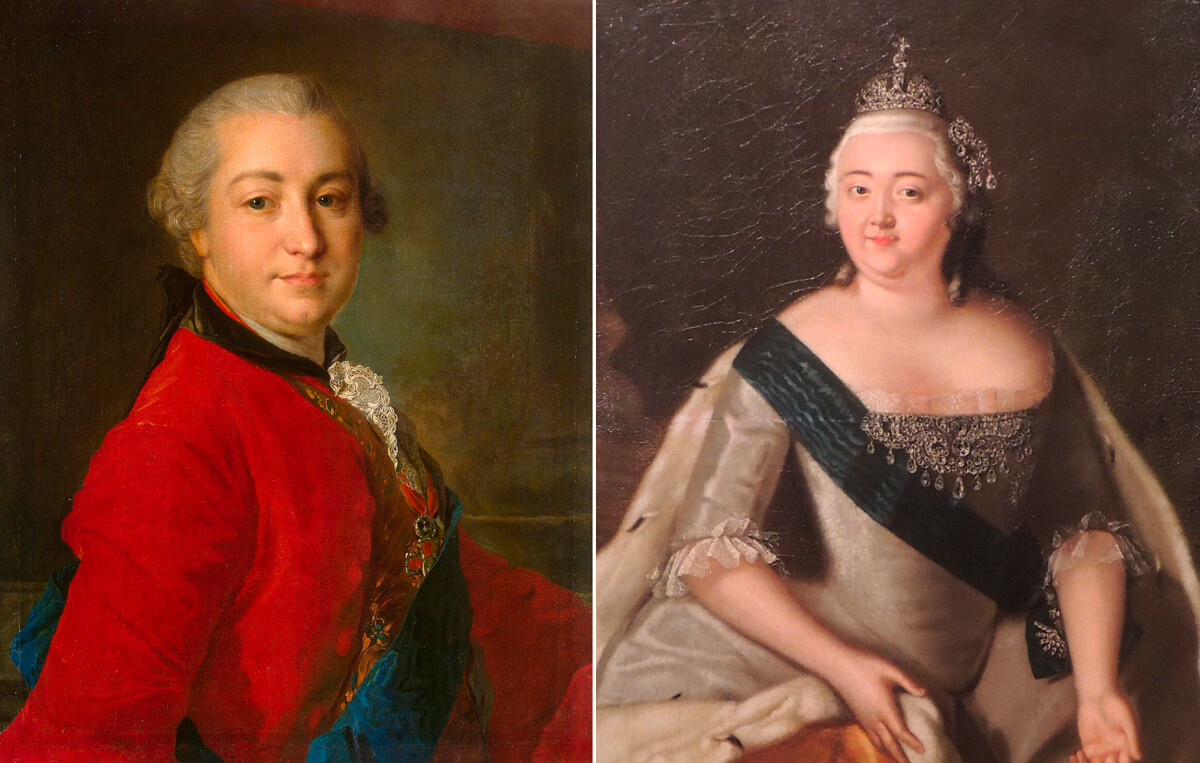
F. Rokotov. Portrait of Ivan Shuvalov, 1760 / Unknown artist. Portrait of Empress Elizabeth, 1740
Hermitage; Public domainSaint Tatiana was accepted as the patron of all students; on the day of her remembrance, people pray for good studies and to become better educated.
In 1791, the House Church of Saint Martyr Tatiana was opened at the university. During Soviet times, it was closed and the building housed the Moscow State University student club; in the 1990s, the church was reopened. Today, it adjoins the journalism faculty of Moscow State University on Mokhovaya Street – one of the first historical buildings of the university.
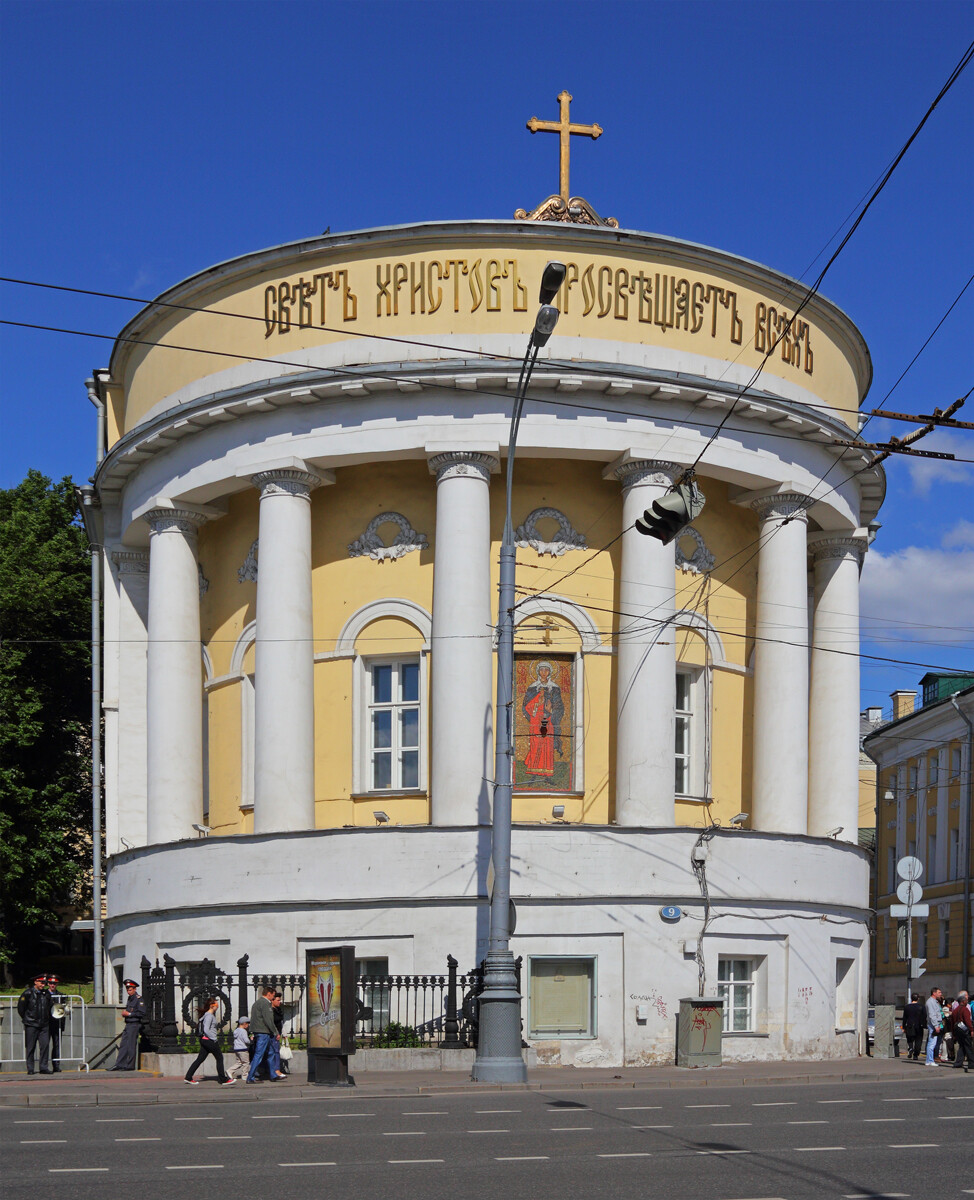
Church of the Holy Martyr Tatiana
A.Savin, WikipediaBack in the 19th century, ‘Tatiana Day’ was “appointed” as the day of Russian students and they would celebrate it quite rowdily – conducting street festivities, throwing banquets at restaurants, etc. It has also always been a special day specifically for the Moscow State University – being its actual birthday.
Every year, on January 25, the MSU rector, currently Viktor Sadovnichiy, who has held this position since 1992, treats students to a traditional low-alcohol beverage called ‘medovukha’, a Slavic honey-based drink similar to mead, pouring it straight from large barrels. He, himself, also has a glass of the celebratory drink. Most often, the last exams are held on this day – and then, a student break begins.
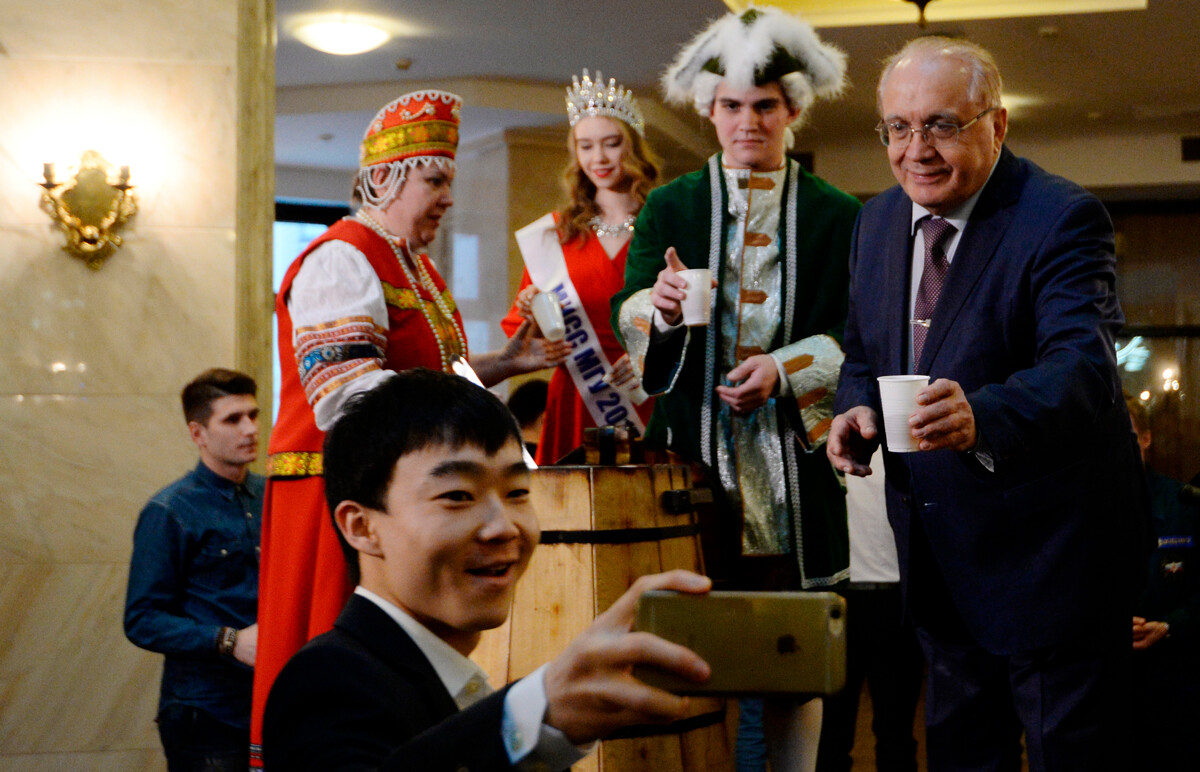
Rector of Moscow State University Viktor Sadovnichy at the traditional mead bottling ceremony on Tatiana's Day
Maxim Blinov/SputnikIn 2005, January 25 became an official holiday – ‘Russian Student Day’.
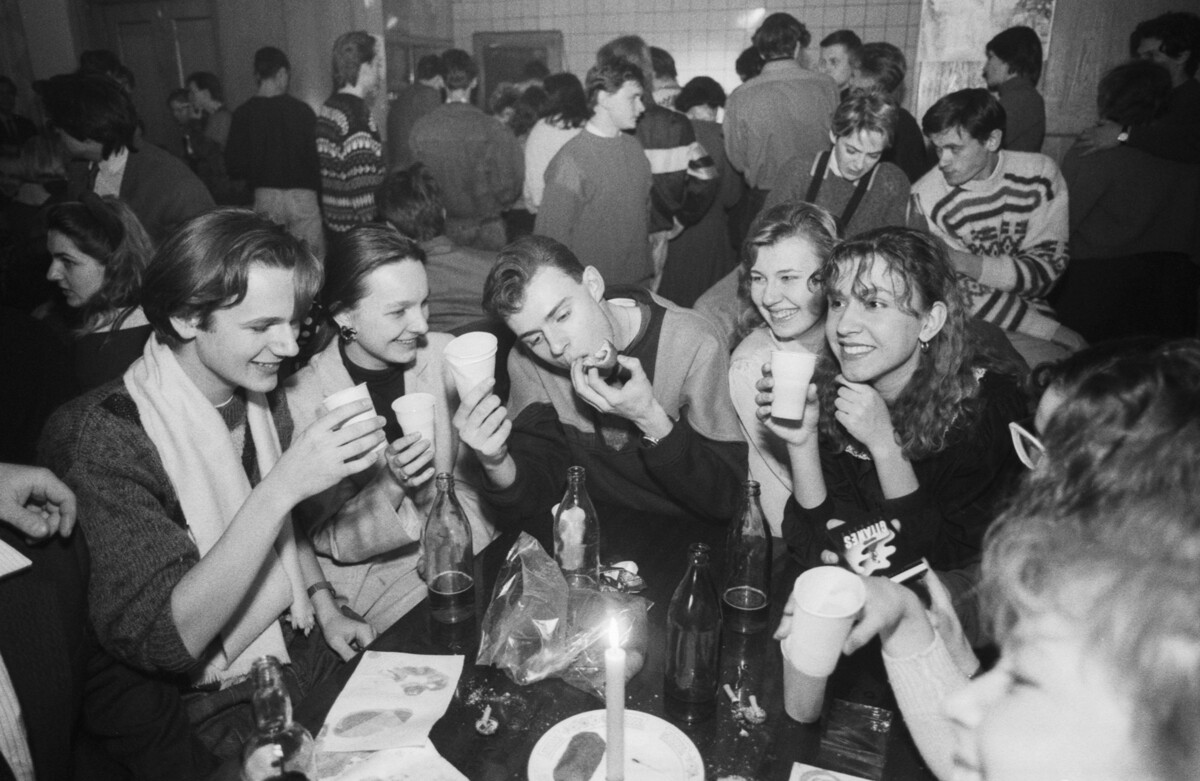
Tatyana Day celebrations in 1993
Anatoly Morkovkin/TASSBefore the Bolshevik Revolution, ‘Tatiana Day’ (and ‘Student Day’) was celebrated on January 12. So why is it January 25 now? The thing is, after the 1918 revolution, Russia transitioned to the Gregorian calendar, which the entire Europe had been using for a long time. According to the “new” style, all dates automatically shifted 13 days forward. So, it fell on January 25.
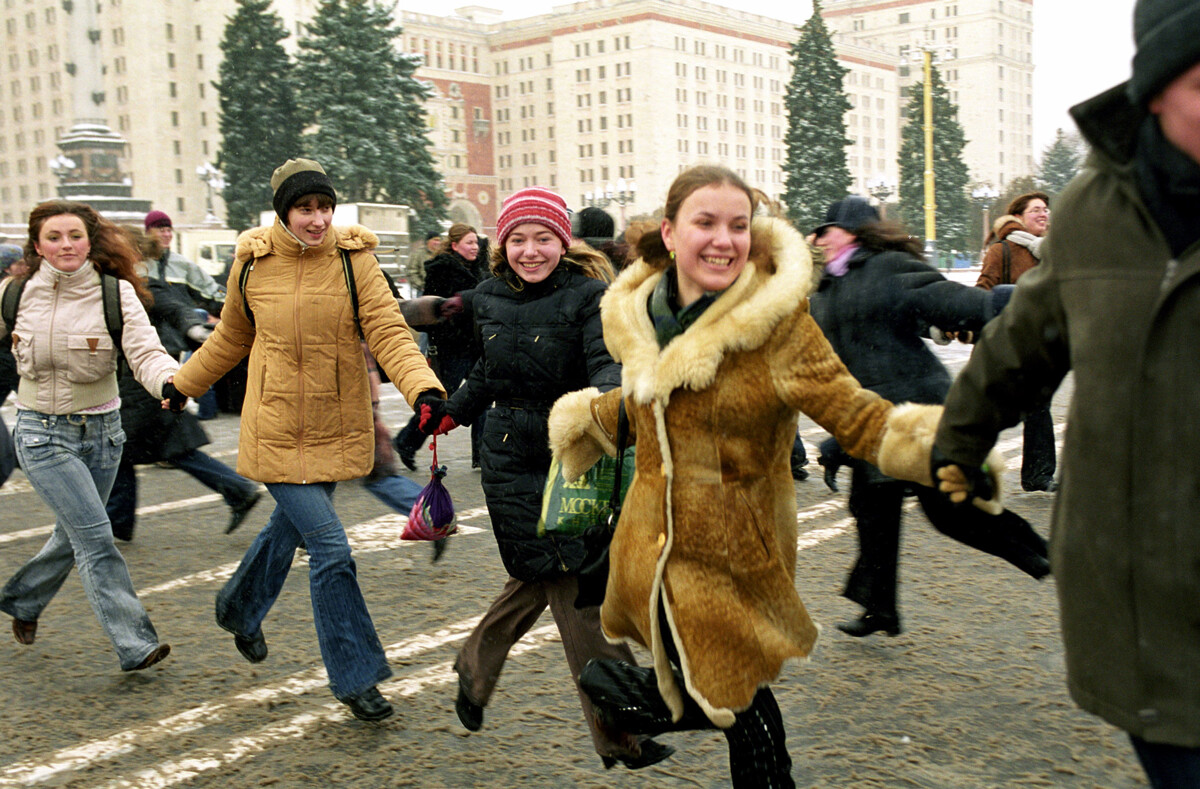
Festivities on the territory of Moscow State University celebrating its 250th anniversary in 2005
Vladimir Vyatkin/SputnikHowever, a hurdle: in recounting dates, it is believed that, in the 18th century, the difference between the Gregorian and Julian calendars was 11 days. So, in reality, ‘Tatiana Day’ and the day of the university’s founding should really be on January 23.
Dear readers,
Our website and social media accounts are under threat of being restricted or banned, due to the current circumstances. So, to keep up with our latest content, simply do the following:
If using any of Russia Beyond's content, partly or in full, always provide an active hyperlink to the original material.
Subscribe
to our newsletter!
Get the week's best stories straight to your inbox